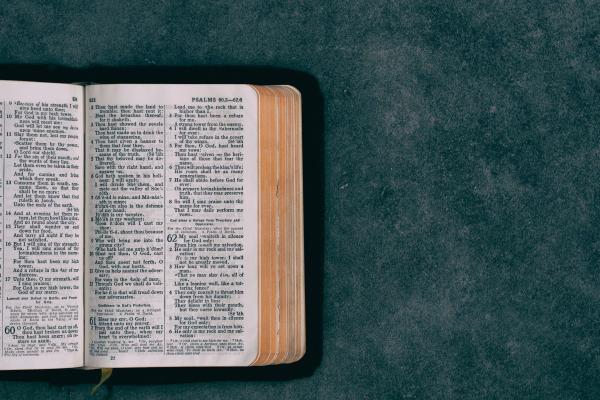Nov 15, 2018
White evangelicals hold more extreme, negative views regarding immigrants, refugees, and the prospect of the nation’s racially diverse future, than any other group in the country. It is a devastating indictment of the failure of white evangelicals to live as faithful disciples of Jesus in these crucial areas. Further, it confirms how this group, comprising about 25 percent of those who vote, is a core component of President Donald Trump’s political support, with his angry, racially laden appeals to an exclusive ethno-nationalism.
Read the Full Article

Already a subscriber? Login
